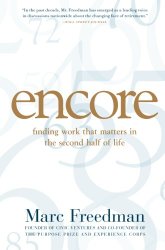 The current issue of MoneySense features my Financial Independence column, with the current instalment being an update on the “semi-retired” first year of my personal Findependence: What semi-retirement is really like.
The current issue of MoneySense features my Financial Independence column, with the current instalment being an update on the “semi-retired” first year of my personal Findependence: What semi-retirement is really like.
Do a search on semi-retirement and/or financial independence and you’ll find plenty more articles on this theme. For instance, in February, the Afford Anything blog ran a piece titled Mini-Retirements, Semi-Retirement, Early Retirement — What’s the Most Awesome Lifestyle? There are some interesting variants in the piece, such as “Perpetual Semi-Retirement.”
Back in April, The Toronto Star and other media ran stories like this one: Semi-retirement the new normal in Canada: Survey. The Hub also weighed in on the survey, noting that 15% plan never to fully retire, but many will embrace Semi-Retirement.
Way back, the Get Rich Slowly blog ran this reader story about Making the Move to Semi-Retirement. Note the reference to the classic book about Financial Independence, Your Money or Your Life, which is all about the tradeoffs between time/life energy and money. Recommended reading for anyone interested in Findependence!
The RV has replaced the rocking chair






